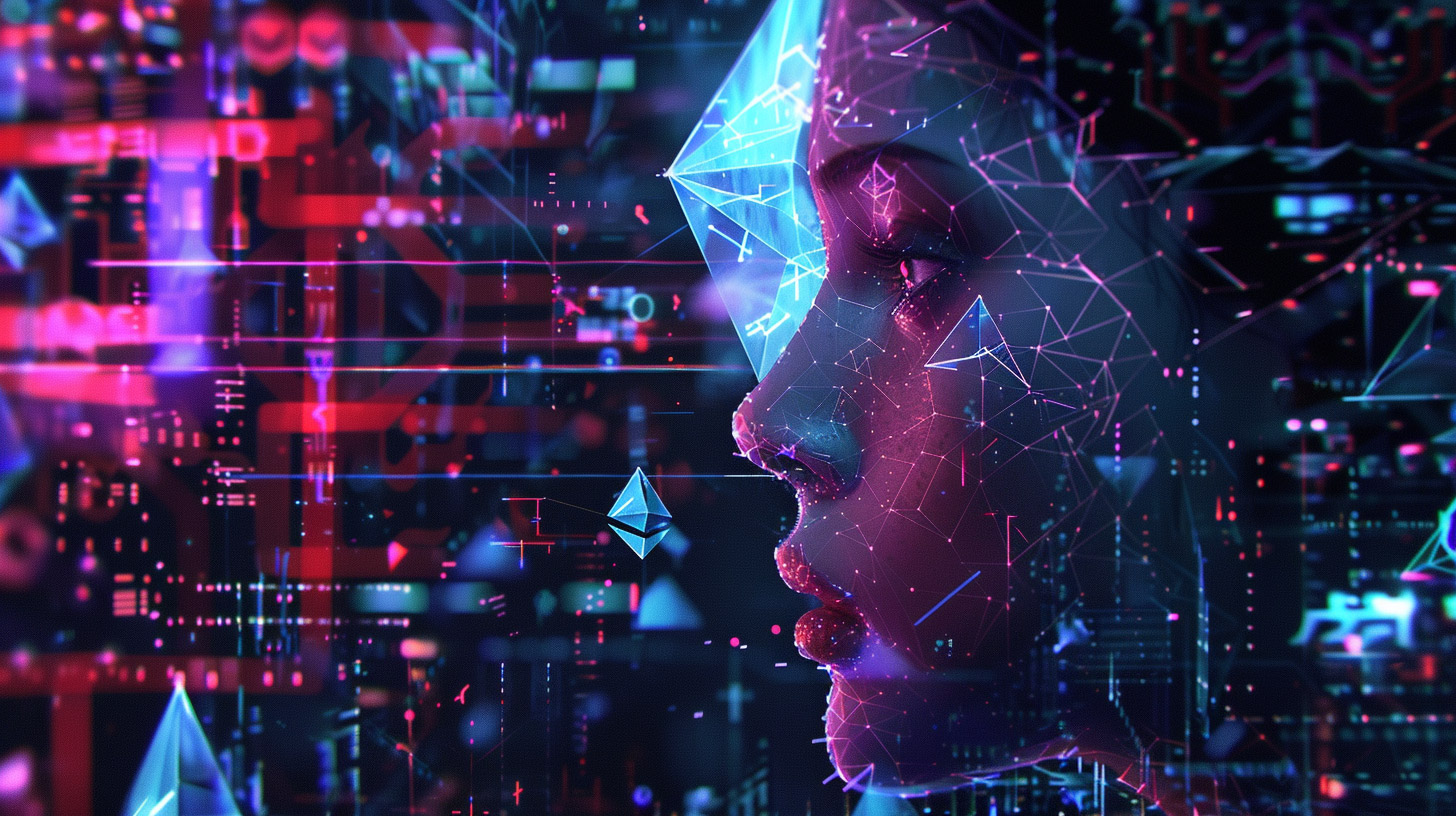The Evolution of the Crypto Space: A Professional Outlook
Over the past three years, the cryptocurrency space has experienced significant transformations. In 2021, the injection of funds from stimulus packages led to a surge in investments by venture capital (VC) firms, totaling $33 billion in crypto and blockchain startups. However, the subsequent actions of the Federal Reserve, including interest rate hikes, set off a series of events that resulted in crypto bankruptcies, such as the Terra (LUNA) crash and the FTX Ponzi scheme collapse.
The allure of Decentralized Finance (DeFi) began to fade, exacerbated by over $3 billion lost in DeFi hacks throughout 2023. Despite an ongoing bull run for Bitcoin, confidence in altcoins remains low, with the anticipated Altcoin Season yet to materialize. In June 2023, Joseph Chalom, the head of strategic partnerships at BlackRock, expressed skepticism about the institutional adoption of DeFi, forecasting that it was “many, many, many years away”.
Exploring the Intersection of AI and Crypto
Against this backdrop, there is a growing interest in the potential fusion of artificial intelligence (AI) and blockchain technology. Reflecting on past cycles, the question arises: what does the landscape of AI-crypto integration look like?
Laying the AI Foundation with Crypto Composability
Looking back, the evolution of “DeFi” led to the dominance of companies built on tokenized layers, transforming DeFi into Centralized Finance (CeFi). To move forward, a revamped DeFi v2 should prioritize a seamless user experience that does not rely on centralized entities. Strengthening security in DeFi is crucial, with the zero-knowledge Ethereum Virtual Machine (zkEVM) emerging as a promising solution.
By employing zero-knowledge proofs (ZKPs) to abstract chain transactions, zkEVM enhances network scalability, reduces gas costs, and streamlines user interactions by enabling alternative token payments for gas fees. This innovation paves the way for scalability essential for AI applications, particularly in addressing the data-intensive nature of AI processes.
- Morphological – components communicating between DeFi protocols, creating new meta-features.
- Atomic – ability for each smart contract to function independently or in conjunction with other protocols’ smart contracts.
- Syntactic – ability for protocols to communicate based on standardized protocols.
Practically, this framework mirrors building blocks in DeFi, where protocols like Compound (COMP) allow users to engage in lending and borrowing without requiring intermediaries. This concept of composability opens up avenues for maximizing yields across various DeFi protocols compatible with the ERC-20 standard.
Amplifying Efficiency with AI
With the integration of AI, financial markets stand to benefit from superhuman processing capabilities, enabling predictive algorithms and automation. In the realm of blockchain composability, AI algorithms can leverage real-time data to optimize liquidity supply, enhance market coordination, and potentially prevent exploits like flash loans.
By utilizing AI agents to monitor market conditions in real-time, the efficiency of market operations can be significantly enhanced, leading to the emergence of new prediction markets and innovative applications in various sectors, including healthcare and finance.
Spotlight on AI-Crypto Innovators
The advent of AI technologies, such as OpenAI’s ChatGPT and Sora’s text-to-video generation, has ushered in a new era of AI-driven advancements. As AI tokens become integral building blocks for AI models, the synergy between AI and blockchain technologies becomes more apparent.
Projects like Fetch.AI have leveraged AI tokens to facilitate the deployment of AI models via an open-access protocol, paving the way for tokenized AI services across diverse industries. With the market for AI agents projected to grow exponentially, the intersection of AI and crypto holds immense potential for innovative applications and decentralized operations.
The Road Ahead: Challenges and Opportunities
As blockchain platforms and AI technologies converge, the focus shifts to institutional adoption and mainstream acceptance. While big players may dominate the landscape initially, open-access ecosystems like the Allora Network present opportunities for decentralized AI deployment and decentralized decision-making processes.
Regulatory frameworks play a critical role in shaping the future of AI-crypto integration, with challenges and opportunities for smaller protocols to penetrate the market and drive innovation in an ever-evolving landscape.
Conclusion
The convergence of AI and blockchain technologies heralds a new era of decentralized finance and AI-driven applications. As AI agents become integral to decision-making processes and market operations, the potential for transformative change in various sectors, from finance to healthcare, is vast. With the right approach and regulatory support, the future holds promising prospects for AI-crypto integration and the democratization of AI services.
Image/Photo credit: source url





